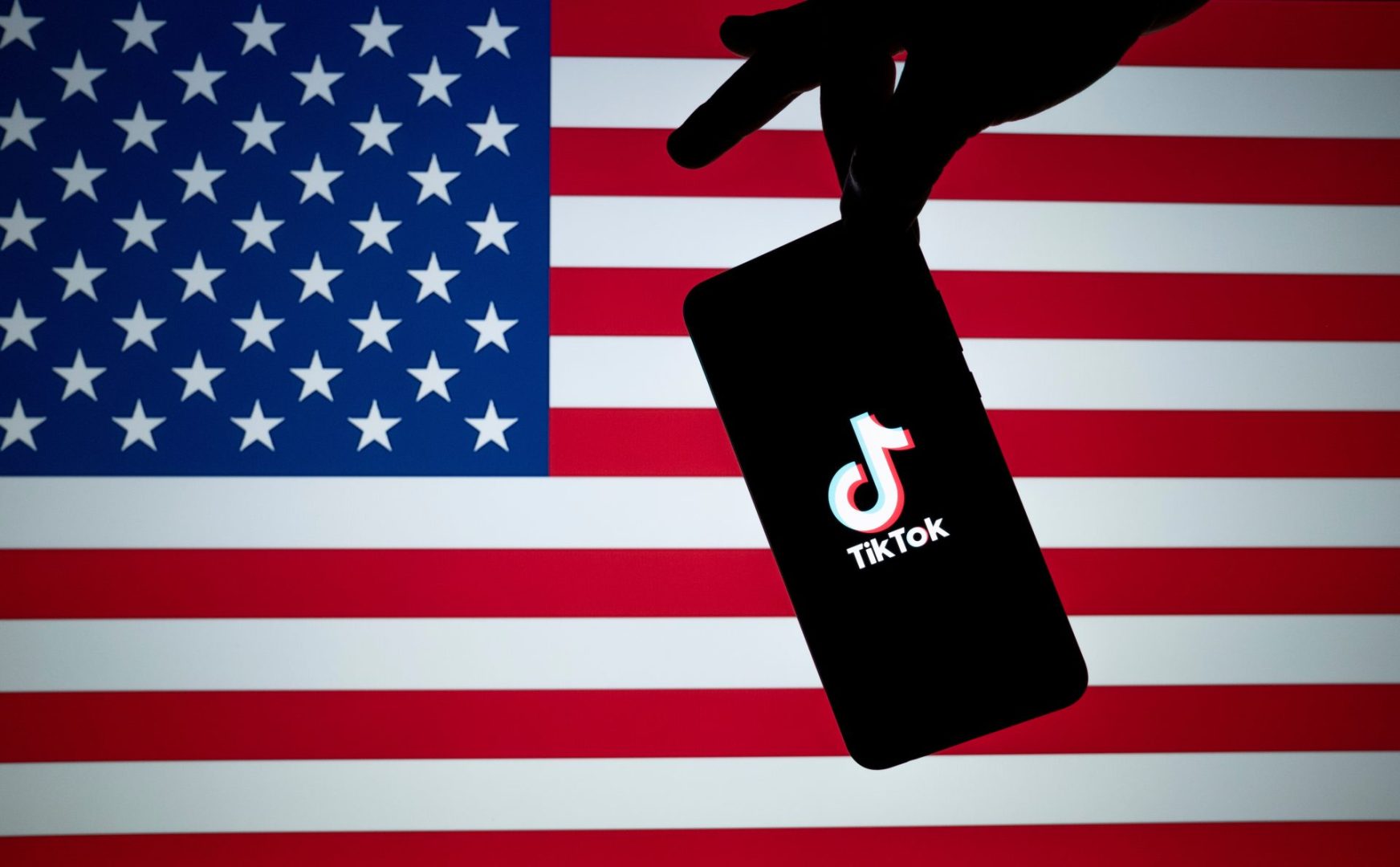TikToker Marlena Velez’s carefully curated online presence came crashing down last week, exposing the stark reality behind the filters and aesthetics that dominate digital spaces.
The influencer, who accumulated 347,000 followers through lifestyle content, found herself in custody on Nov. 21 after allegedly manipulating self-checkout systems at a Target store in Cape Coral, Florida. The incident involved merchandise valued at approximately $500, adding another chapter to what appears to be a pattern of retail theft.
The facade crumbles
Velez’s arrest stemmed from an Oct. 30 shopping trip that she partially documented on social media. While her followers watched her seemingly innocent retail expedition to TJ Maxx and Target, investigators claim she deliberately used fraudulent barcodes to underpay for items at self-checkout stations.
Law enforcement connected Velez to the crime after receiving an anonymous tip from someone who recognized her from social media posts. The revelation sparked discussions about authenticity in digital spaces, where carefully curated content often masks questionable behavior.
A history of misconduct
Court records paint a troubling picture of Velez’s repeated offenses. At 17, she faced grand theft auto charges after allegedly taking a former friend’s vehicle under false pretenses and subsequently damaging it. More recently, a July 2023 Walmart incident involved similar self-checkout manipulation tactics, resulting in probation and mandatory anti-theft education.
The Target incident occurred shortly after Velez completed probation and anti-theft courses in October 2024, suggesting the interventions failed to create lasting change. Currently, she faces petit theft charges, which in Florida apply to stolen goods valued between $100 and $750.
The case highlights deeper issues within influencer culture, where the pressure to maintain a pristine online image often collides with off-camera reality. As social media platforms continue fostering parasocial relationships, Velez’s story serves as a reminder that digital personas rarely tell the complete story.
While her content portrayed an aspirational lifestyle filled with shopping hauls and aesthetic choices, her alleged actions reveal the sometimes stark disconnect between online perception and reality. The case raises important questions about authenticity, accountability and the true cost of maintaining appearances in today’s digital landscape.
















